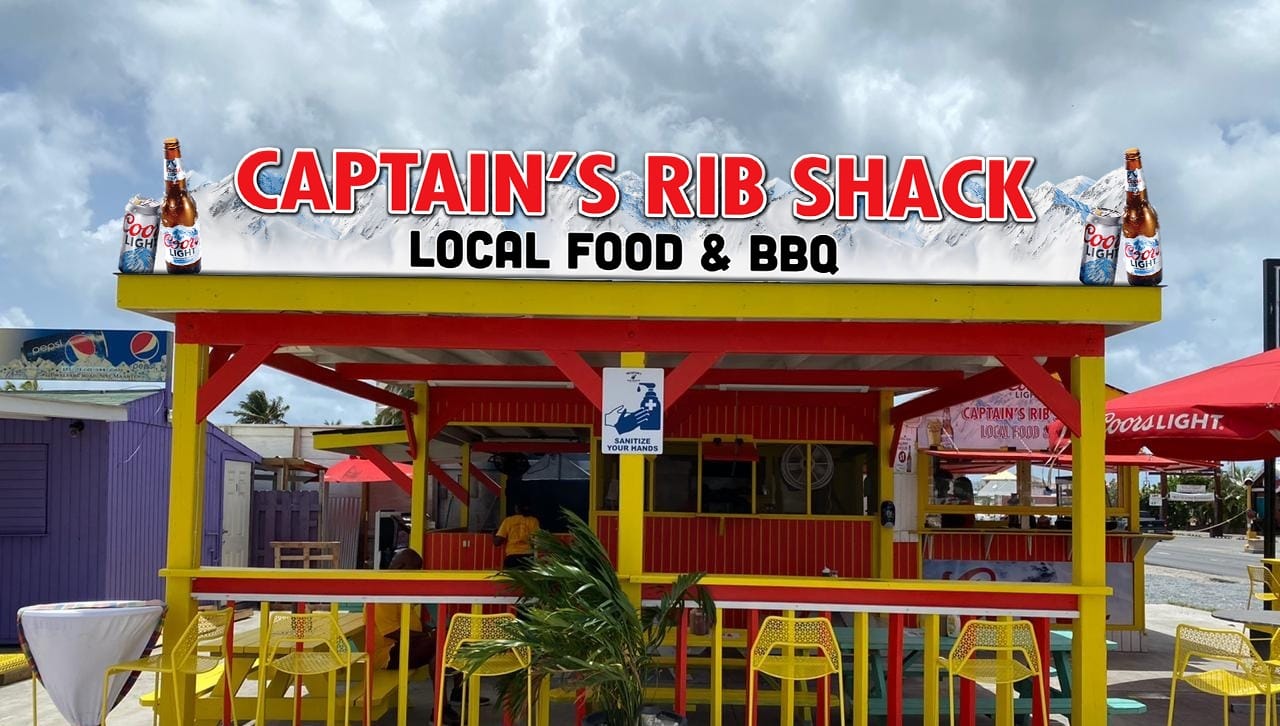The Caribbean is home to many of the world’s most beautiful and bountiful islands. With turquoise lagoons, lush forests, rolling plains, and active volcanoes, this region is a paradise worth exploring. The natural beauty of the region has attracted travellers for centuries, and many continue to flock here today.
For visitors who are interested in taking their travels a little further than just sightseeing, one of the best places to do so is through food. From sampling local delicacies to learning more about where your meal was sourced from, there are so many ways that eating local can benefit you too. Read on to learn more about how travelling with an eco-friendly mindset can have positive impacts on your travels.
You’ll Be Supporting Local Businesses
One of the most important aspects of eating local is supporting local businesses. Locals know their region, what’s best for the local crops, and where the nearby farmers’ markets are. If you’re travelling to a specific region, finding a local restaurant that sources from that area and supports the local economy is a great way to go. When eating out, be sure to ask your server where the food is from and how much it costs.

When looking for local restaurants, try to find those that are members of a local community-supported agriculture (CSA) or another local food-buying program. This allows you to support the local business while also being sure that you are eating fresh and local produce.
Food Is More than Just Nutrients
When you think of food, you likely don’t think about the numerous benefits that can come with it. Eating local is a great way to begin learning about these benefits. Local and seasonal produce is grown with care, fed with organic fertilizers, and free of pesticides and herbicides. It’s important to remember that not all fruits and vegetables are grown in the same regions.
Many foods are grown in the same part of the world, but they may come from different seasons. For example, potatoes are grown in the southern hemisphere but are eaten in the northern hemisphere during different seasons. You can tell the difference between the varieties of each fruit or vegetable by looking at the skin. The one with the most prominent colour is the most nutritious.
You Can Help the Environment and Your Fellow Travelers
By eating locally, you can help conserve resources, reduce your carbon footprint, and contribute to the environment in a positive way. Locally grown produce requires less energy to be grown, while the carbon footprint of specially grown crops is much lower. It can also reduce the number of fossil fuels used in shipping food across the globe.

When you eat locally, you can help conserve water by not eating foods that need to be transported long distances. You can also help reduce the amount of food wasted during production. When you support local businesses and purchase local produce, you can help reduce the amount of food that is wasted during production. If a local restaurant doesn’t have enough local produce for their menu items, you may be able to help them out by purchasing their surplus items.
Don’t Just Eat Healthily — Eat Seasonally and Locally
While eating local is an excellent way to support your environment and contribute to the country’s economy, you shouldn’t stop there. The most sustainable way to travel is to eat locally and seasonally. When you eat local produce, you reduce the amount of fuel that is needed to ship the food to your city or town.
When you also eat local produce during different seasons, you reduce the amount of work that is needed to maintain that same amount of produce in your diet. It’s also important to consider the caloric value of the product you’re eating. By eating locally, you’re avoiding the excess calories found in overly processed and imported foods. Instead, you can make healthier choices when eating locally by eating a balanced diet of fruits, vegetables, and proteins.
Take Advantage of Culinary Conferences and Festivals
Many regions in the world host culinary and agricultural festivals that provide visitors with the opportunity to learn about the foods in that region and see how the locals prepare them. These events are a great way to experience different cuisines and decide what foods you like best. Some culinary regions that host culinary events are the Caribbean, Latin America, the Mediterranean, and Southeast Asia.

You can also attend culinary events that are focused on vegetarian and vegan cuisine. These events are a great way to learn about healthy and sustainable eating, especially if you’re a vegan or vegetarian. Not only can you sample new kinds of food, but you can also learn more about where your food is coming from and how to prepare it better.
Final Words: Going Green While Traveling in the Caribbean
Eating local and seasonal produce is an easy way to make your travel more sustainable and help your fellow travellers with their carbon footprints. Not only will you be eating fresher, more nutrient-rich food, but you’ll also be helping the environment while contributing to the local economy.
The Caribbean is a wonderful region to eat local and seasonal produce. With so many different cuisines and cultures to choose from, the possibilities are endless. You can also make eating locally in the Caribbean easier by visiting these 10 cities.





